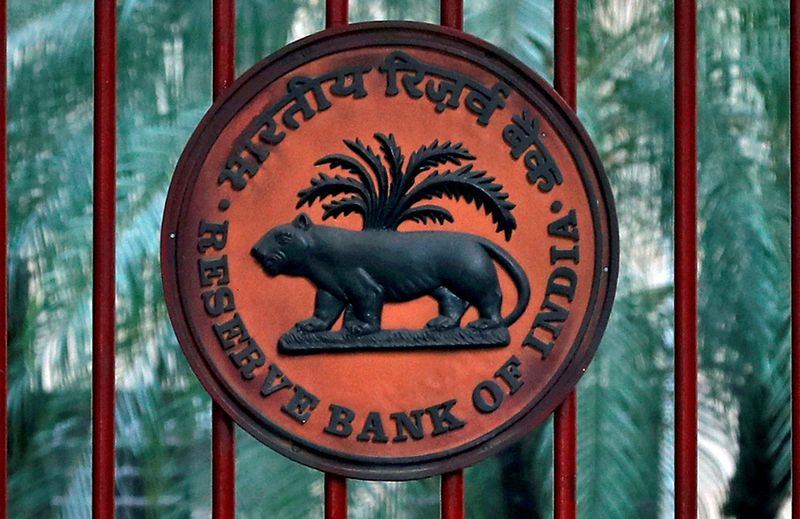By Ira Dugal and Swati Bhat
MUMBAI (Reuters) - The Reserve Bank of India need not keep raising rates until prices fall as it risks overshooting the inflation-adjusted real rate, which at around 1% now is appropriate for the economy, an external member of the country's monetary policy committee said.
The 250 basis points of rate hikes since May 2022 need to be allowed to work through the system, Ashima Goyal, who voted for a pause in the benchmark repo rate on fears the central bank may overshoot in hiking the cost of borrowing, told Reuters.
"You don't need to keep on raising nominal rates as long as inflation does not come down because then you will definitely overshoot in terms of real rates," Goyal said.
The MPC comprises six members, of which three are external while the other three are internal to the Reserve Bank of India, including the governor, who has a veto in case of a tie.
The real policy rate, which adjusts for the expected level of inflation a year down the line, is at about 0.9% right now based on the RBI's projection of the consumer price index coming down to 5.6% by the fourth quarter of 2023/24.
Inflation spiked in January to 6.5%, sharply overshooting market and analysts' expectations.
A central bank study in 2022 estimated the "neutral real rate" - the rate at which the economy is growing close to potential, and inflation is close to the target - at 0.9% for India.
"We're just at the beginning of a private investment revival after a decade of slowdown, so we have to be cautious," said Goyal.
"That is why I think that a low positive real rate, not exactly unity but say around that, a 50 basis points plus/minus, balances inflation and growth concerns".
Goyal was one of the two members who voted against a rate hike and for the policy stance to be changed to "neutral" from the current "withdrawal of accommodation" at the February meeting.
She said since the real interest rate in the economy was now at a neutral level, changing the stance to neutral and not continuing with withdrawal is better.
If the sharp rise in inflation reading in January since the last policy announcement persists, and if it raises the central bank's inflation forecast, then rates may have to be hiked further, Goyal cautioned. "That's why I'm saying policy needs to be data-based from here on."
India adopted formal inflation targeting framework in 2016, which requires the central bank to contain the consumer price index in a band of 2-6% with an intent to bring it to the mid-point of 4% over the medium term.
The target was set at a time when inflation in developed markets like the U.S. was under 2% and India's fiscal deficit was lower. The government in 2021 reiterated the 4% target.

"My own view is that we should think about the tolerance band, not the target until we are sure that there is no growth slow down," said Goyal.
"What has really helped us through these last three years is having a counter cyclical stance, but it becomes procyclical if you're tightening into a slowdown."